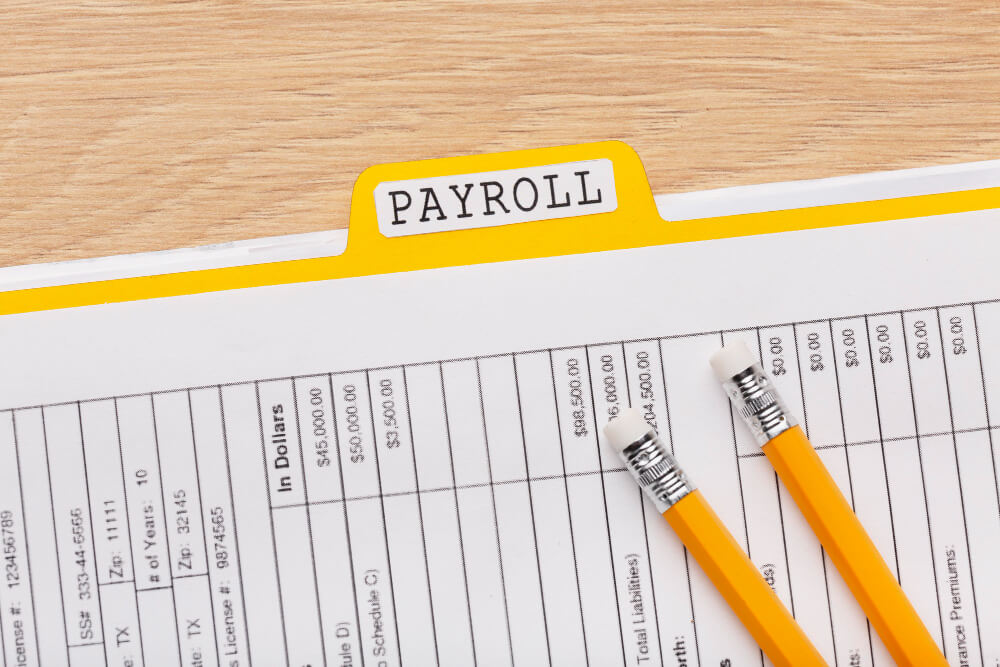
Minimum wage refers to the minimum hourly rate of pay which employees must be paid for their work. This rate varies depending on your city or county, where local minimum wage rates can vary based upon geographic boundaries and even the size of your business.
The minimum wage in San Luis Obispo County is currently $16 an hour, equivalent to the state's own minimum wage laws. The minimum wage in California is $16 an hour for employers with any amount of employees. Because this is higher than the federal minimum wage of $7.25, employees in California must be paid California's minimum wage because it is the higher minimum wage. This does not apply to San Luis Obispo County because their minimum wage is equal to California minimum wage.
All nonexempt employees must be paid the minimum wage required by federal law. Although there are some exceptions, almost all employees in California must be paid the minimum wage as required by state law. Local entities, such as counties and cities, are able to enact their own minimum wage rates. You are entitled to be paid the highest minimum wage established by the local, state, and federal wage standards. If a locality has not set its own minimum wage that is higher than the State minimum wage, the State minimum wage applies. Federal labor law posters, such as the notice below, explicitly state the minimum wage, but your locality may differ significantly from this rate.
Though $16 an hour is the statewide standard, several California municipalities maintain their own minimum wages. According to the UC Berkeley Labor Center, those with higher local minimum wage law, as of January 1st, 2024 are listed below.
Alameda ($16.52 an hour)
Belmont ($17.35 an hour)
Berkeley ($18.07 an hour)
Burlingame ($17.03 an hour)
Cupertino ($17.75 an hour)
Daly City ($16.62 an hour)
El Cerrito ($17.92 an hour)
Emeryville ($18.67 an hour)
Fremont ($16.80 an hour)
Half Moon Bay ($17.01 an hour)
Los Altos ($17.75 an hour)
Los Angeles ($16.78 an hour)
Los Angeles County ($15.96 an hour)
Malibu ($16.90 an hour)
Menlo Park ($16.70 an hour)
Milpitas ($17.20 an hour)
Mountain View ($18.75 an hour)
Novato ($16.86 an hour)
Oakland ($15.97 an hour)
Palo Alto ($17.80 an hour)
Pasadena ($16.93 an hour)
Petaluma ($17.45 an hour)
Redwood City ($17.70 an hour)
Richmond ($16.17 an hour)
San Carlos ($16.87 an hour)
San Francisco ($18.07 an hour)
San Jose ($17.55 an hour)
San Leandro ($15.50 an hour)
San Mateo ($17.35 an hour)
Santa Clara ($17.75 an hour)
Santa Monica ($16.90 an hour)
Santa Rosa ($17.45 an hour)
South San Francisco ($17.25 an hour) *
Sunnyvale ($18.55 an hour)
West Hollywood ($19.08 an hour)
The UC Berkeley Labor Center offers you real time updates for their database on any local wage or state minimum wage increases, and will add ordinances for other California cities. For unlimited digital access to this database, follow this link.
*Note that South San Francisco has a lower minimum wage than San Francisco
Effective January 1, 2024, California's statewide minimum wage will increase to $16.00 per hour for employers with any amount of employees. Again, some local ordinances have a higher minimum wage than the state law. Employers must comply with the local minimum wage rate if the local rate exceeds the state or federal minimum wage.
Anyone who works at least two hours in a one-week period within the State of California is entitled to the State minimum wage for the hours worked. The employee’s employment status, where they live, or where your business is headquartered does not determine the minimum wage that applies. Some workers may be exempt from this law based on their type of work.
They perform exempt duties more than 50 percent of their work time; and exempt executive, administrative, and professional employees earn a salary of no less than two times the state minimum wage for full-time employment. The minimum annual salary is based on the current state minimum wage, calculated as follows: (minimum wage x 2) x 2,080 hours.
Employers should review compensation for exempt employees to ensure that the applicable salary threshold is satisfied. Where the salary threshold is not satisfied, the employer should consider whether to increase compensation to meet the salary threshold or reclassify the employee as nonexempt.
You can either file a wage claim with the Division of Labor Standards Enforcement (the Labor Commissioner's Office), or file a lawsuit in court against your employer to recover the lost wages. Additionally, if you no longer work for this employer, you can make a wage claim for the waiting time penalty pursuant to Labor Code Section 203.
For employees, it is important that you are paid all wages owed, including all applicable minimum wages. You should check your paystubs to make sure you are being properly paid by your employer. If you think you are not being paid all your wages, please contact the attorneys at Freeburg & Granieri, APC today.
For employers, now is the perfect time to review your payroll policies and practices. The liability for failing to comply with minimum wage ordinances can have devastating effects on your business. Please contact the attorneys at Freeburg & Granieri, APC today to have your payroll policies and practices reviewed.
Our clients become friends, confidants, and repeat customers. Former clients are our best referral source.
Do not be a commodity, find an attorney who treats your legal issue with the care it deserves.

